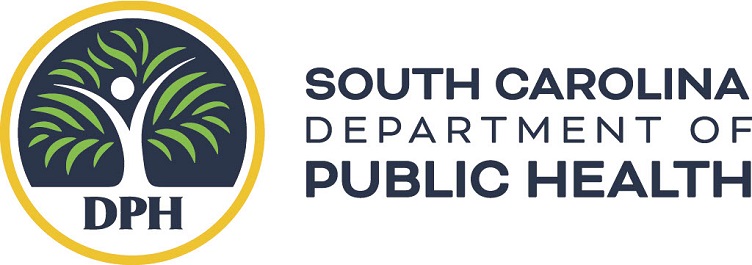MYRTLE BEACH, S.C. (July 10, 2024) – The annual sales of several big-name retailers are taking place in July. More deals are great for consumers, but don’t get so caught up in the excitement that you fall for phishing scams, misleading advertisements, and look alike websites. Better Business Bureau Serving Eastern Carolinas shares the following tips to ensure consumers know what to look for when shopping online for the big sales in July.
BBB tips for online shopping the July retail sales:
Research the seller or retailer. Before you buy, check customer reviews of the product(s) you’re interested in purchasing, and do some research on the retailer. Be sure you can find contact information for the seller, and make note of it. Look up the retailer on BBB.org to see if they are BBB Accredited and check out their profile to read customer reviews.
Watch for email and text phishing attempts that appear to come from a popular retailer. Phishing increases during busy shopping days. These messages may claim you have a gift waiting for you, or that there is a problem with delivery. Know what you’ve opted in and out of before you click. When making many purchases, track your purchase, where it’s from, and any tracking numbers. Watch out for fake package delivery text messages and don’t click on any links that you receive that seem suspicious.
Watch out for social media ads. You may come across lookalike websites that, at first glance, appear to belong to a trusted retailer. But looking more closely at the URL, you’ll notice that the domain name is slightly different (i.e., Instead of Popularstore.com, the URL might be PopvlarStore.com or PopularStoreOnline.com). Ensure websites use the correct business name spelling and have legitimate contact information and customer service numbers. Also, trust your gut when evaluating deals. If a company claims to sell the hottest item of the year at a super low price, it’s probably untrue.
Beware of look alike websites. Check the URL, watch for bad grammar, search for contact information, and read online reviews.
Professional photos do not mean it’s a real offer. Photos can be stolen from other websites, so don’t believe what you see. If logos or other images on the website appear blurry, take that as a red flag for a scam.
Make sure the website is secure. Look for the “HTTPS” in the URL (the extra “s” is for “secure”) and a small lock icon on the address bar. Never enter payment or personal information into a website with only “HTTP.” It is NOT secure.
Be careful when purchasing sought-after products. If something is sold out everywhere, don’t be tempted by a seemingly great deal. Scammers often trick shoppers by offering the most popular products at low prices. Here’s one example involving game consoles.
Pay with a credit card. It’s always best to make online purchases with your credit card. If any shady charges pop up later, you can contest them through your credit card company. Be very wary of any retailer that asks you to pay by digital wallet apps, prepaid money cards, or other non-traditional payment methods. These are red flags for scams.
For more information
Learn more about avoiding scam social media ads when shopping online. Read about scammers’ tracking code tricks.
Read the 6 things you should look for when shopping online, and learn more about online shopping scams. For more tips on online shopping, visit BBB’s online shopping HQ.
If you’ve spotted an online scam, report it to BBB ScamTracker.
About BBB serving Eastern Carolinas
Better Business Bureau serving Eastern Carolinas is a 501(c)(6) not-for-profit corporation serving 48 counties in North and South Carolina. The organization is funded primarily by BBB Accredited Business fees from over 5,200 local businesses and professional firms. BBB promotes integrity, consumer confidence and business ethics through business self-regulation in the local marketplace. Services provided by BBB include reports on companies and charitable organizations, general monitoring of advertising in the marketplace, consumer/business education programs and dispute resolution services. All services are provided at no cost to the public, with the occasional exception of mediation and arbitration. Visit BBB.org.






